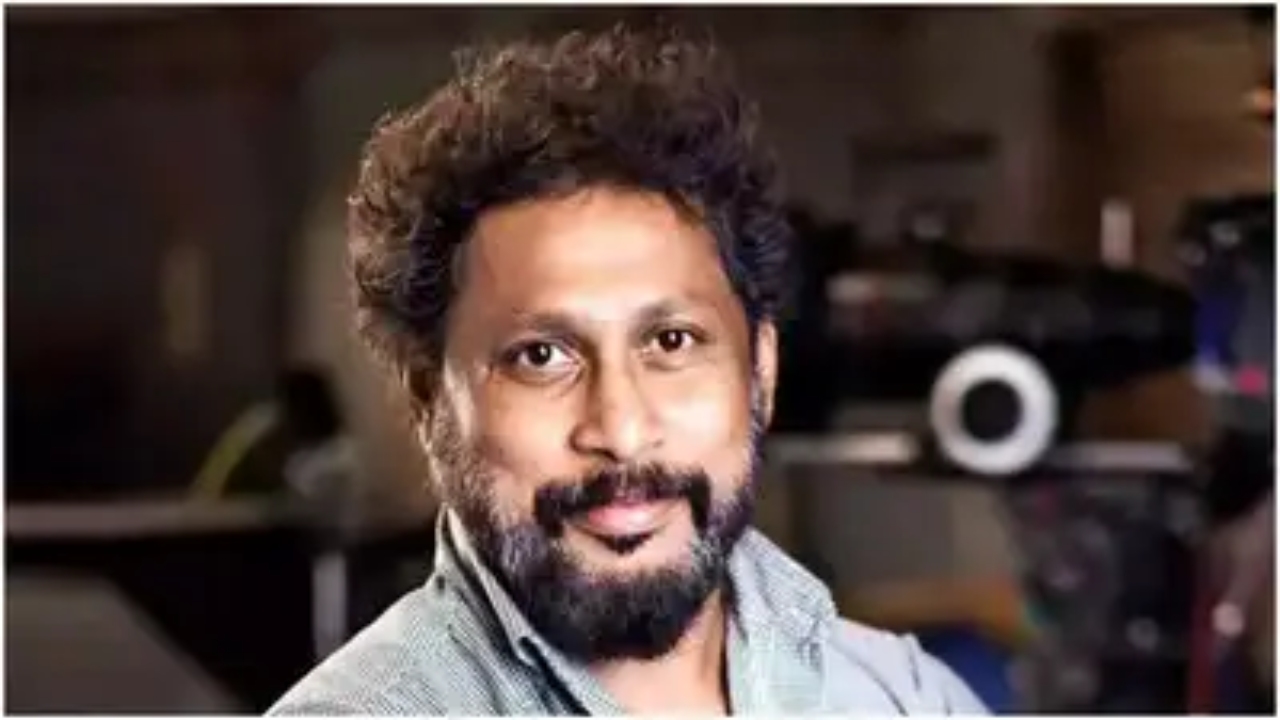Filmmaker Shoojit Sircar has voiced his perspective on the current challenges faced by the film industry, particularly focusing on the financial structure of modern productions. At a time when box office performance has become unpredictable, the director emphasized the need to reassess how films are being mounted, especially when it comes to talent compensation.
In a recent interview, Sircar suggested that actors may need to reconsider the fees they command, especially when overall budgets are being scrutinized more closely than ever. He noted that if adjustments aren’t made, collaborations between directors and top-billed actors could become less frequent. According to him, while a filmmaker must protect the artistic requirements of a project, that vision should not be compromised by costs that could be negotiated.
He further explained how his own production banner, Rising Sun Films, co-run with producer Ronnie Lahiri, has always operated within set financial parameters. This approach, Sircar stated, has allowed the team to experiment with content without being overly concerned about commercial outcomes. By managing costs effectively, the company has created space for storytelling that may not necessarily cater to a broad audience.
His last release, I Want To Talk, featuring Abhishek Bachchan, drew appreciation for its narrative but fell short commercially. Still, Sircar remained content with the creative output, highlighting how budgetary discipline minimized the financial impact of such outcomes.
Beyond budget-related concerns, Sircar also touched on the creative stagnation within the industry. He urged filmmakers and producers to pursue fresh stories rather than rely on repetitive formulas. For him, originality is critical, regardless of genre or subject.
In a related development, one of his earlier films, Piku, which starred Amitabh Bachchan, Deepika Padukone, and the late Irrfan Khan, is scheduled to return to theatres on May 9. The re-release is expected to introduce the film to a new audience and serve as a reminder of the importance of content-driven cinema.


